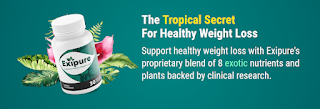
Today’s hectic lifestyle makes it difficult to cook balanced meals and track your nutrient intake. About three-quarters of Americans are not getting enough fruits and more than 80% don’t eat enough vegetables, according to the Linus Pauling Institute. The same source reports that most children and adults are deficient in vitamin D, vitamin E, magnesium, and other key nutrients, which may put them at risk for disease. Multivitamin supplements are designed to fill nutritional gaps, but do they really work?
These products may help to some extent, but their safety and effectiveness are subject to debate (per Nutrients). Moreover, there’s not enough evidence that dietary supplements can prevent disease or improve overall health. “Other nutrition recommendations have much stronger evidence of benefits — eating a healthy diet, maintaining a healthy weight, and reducing the amount of saturated fat, trans fat, sodium, and sugar you eat,” says Dr. Larry D. Appel (via Johns Hopkins Medicine).
Personalized vitamins allow for a more targeted approach than generic supplements, but they’re not necessarily safer or more effective, cardiologist Erin D. Michos told Refinery29. Plus, you may not need them in the first place. “Additionally, if a nutrition gap is discovered, these companies are only recommending their supplements and not food solutions that could accomplish the same goal,” explains dietitian Lauren Manaker (via Refiney29). While Manaker agrees that supplements may benefit those with nutrient deficiencies, it’s hard to tell which vitamins or minerals you really need based on an online quiz.
from WordPress https://ift.tt/QCh74Im
via IFTTT










No comments:
Post a Comment